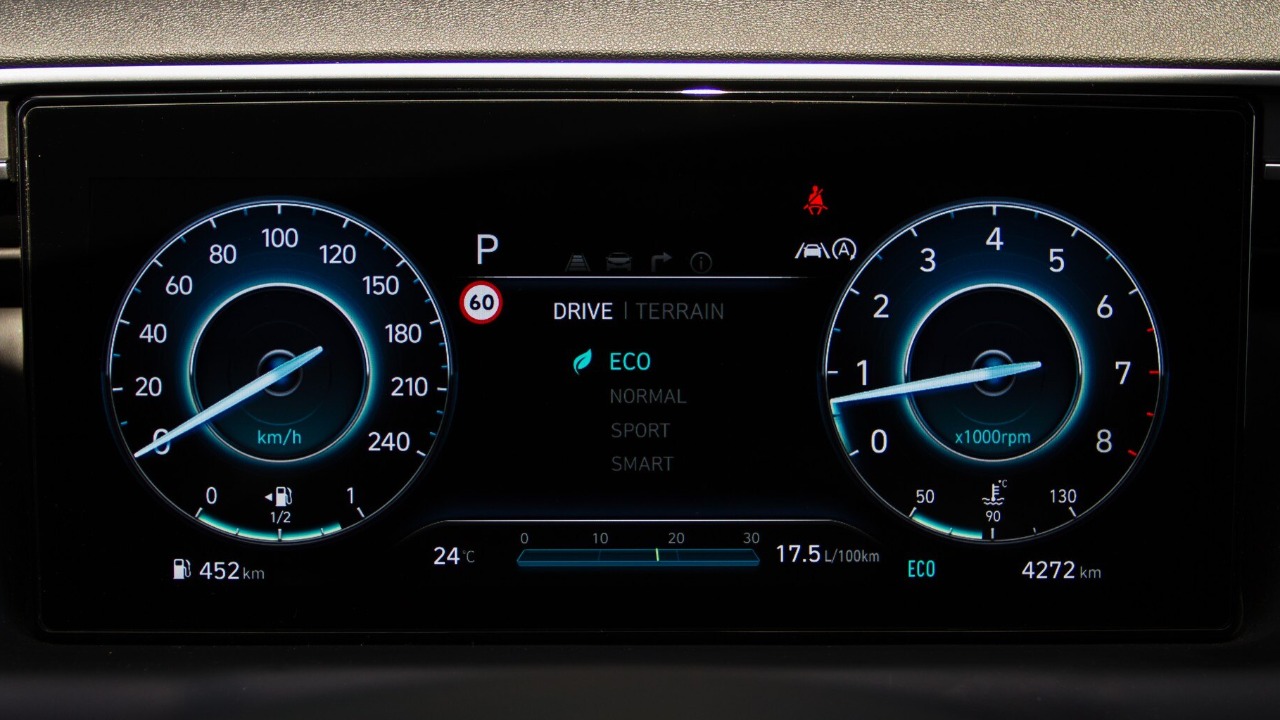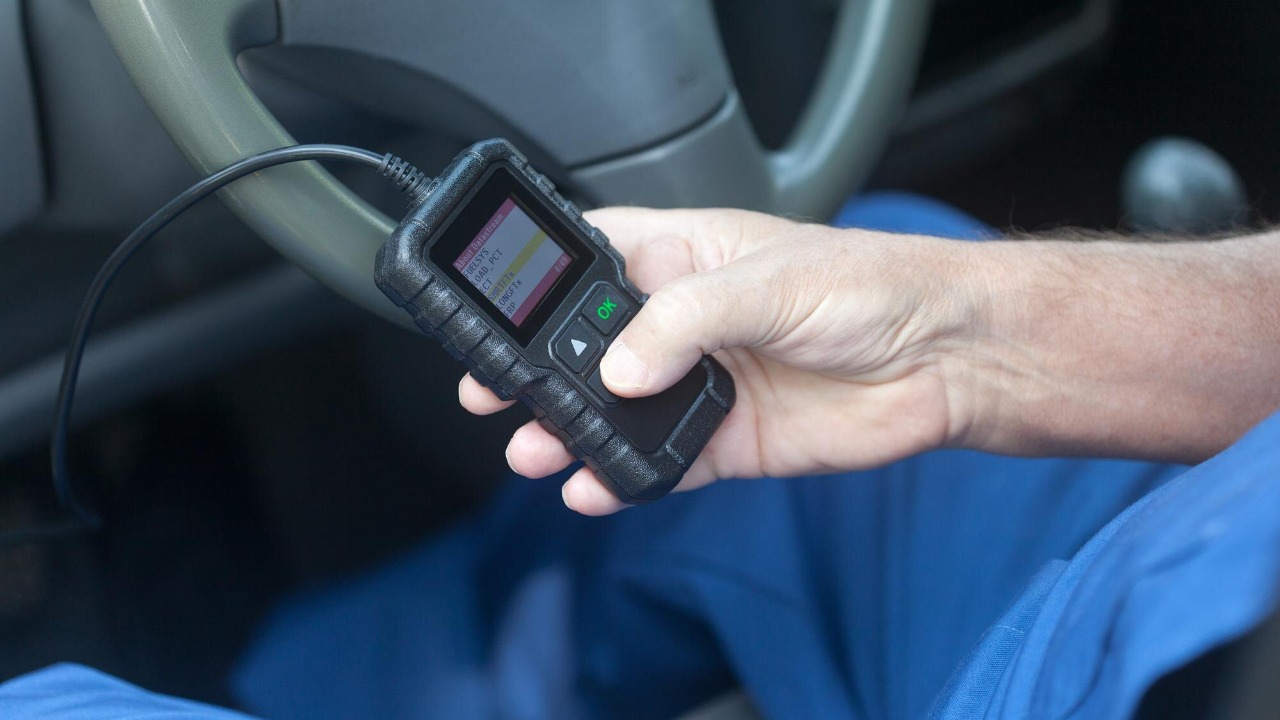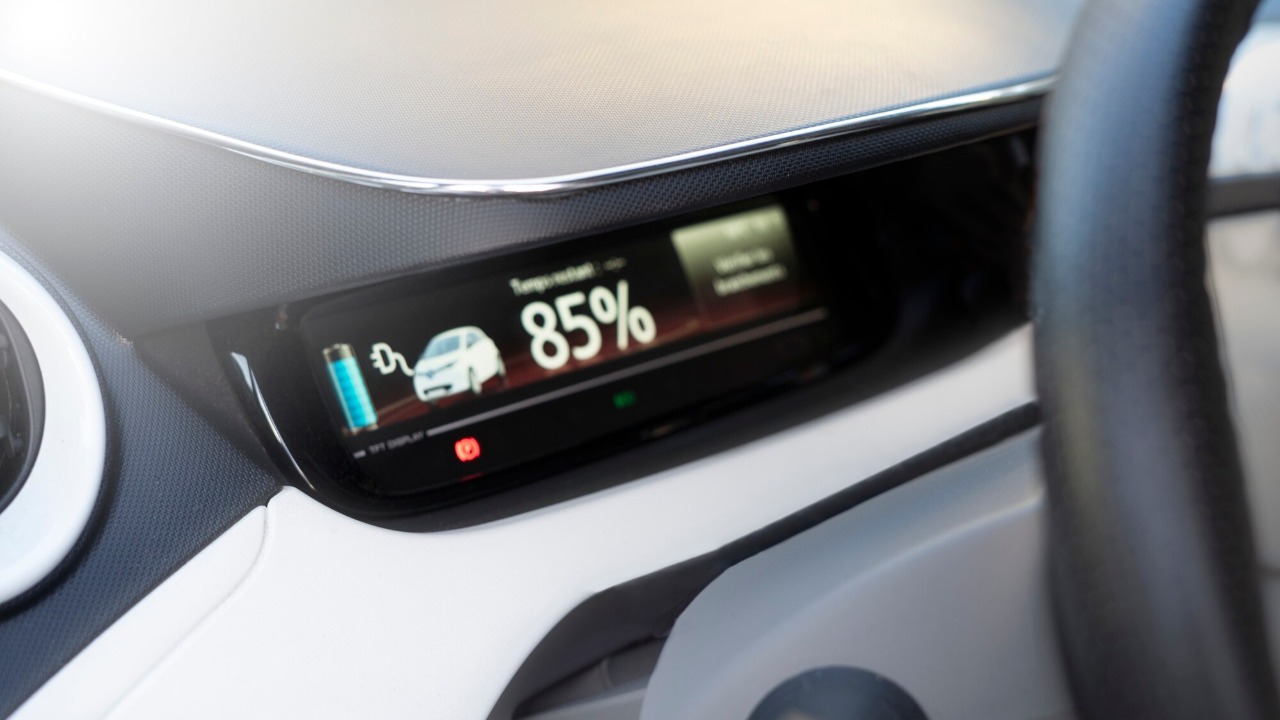
A growing scandal has emerged in the automotive industry as dealers are increasingly found guilty of rolling back odometers on electric vehicles (EVs). This fraudulent practice not only deceives consumers but also undermines trust in the burgeoning EV market. We delve into the implications of this deceitful trend, its impact on consumers and the automotive market, and the legal ramifications for those involved.
The Rise of Odometer Fraud in EVs

Recent cases of odometer fraud have brought significant attention to this issue. In Indiana, an auto dealer was accused of massive odometer fraud, allegedly rolling back the mileage on numerous vehicles before selling them to unsuspecting customers. In another instance, a Malaysian woman successfully won a tribunal case against a dealer who had tampered with the odometer of the car she purchased, as reported by Carz.com.my. These cases highlight a disturbing trend, where even the burgeoning EV market is not immune to such fraudulent practices.
Several factors contribute to this rise in odometer fraud among EVs. Unlike traditional vehicles, EVs have fewer moving parts and tend to retain their value longer, making them attractive targets for odometer tampering. The digital nature of EV odometers, which rely heavily on software, also presents unique vulnerabilities. Consumers are understandably concerned, as these activities significantly impact their trust in the EV market. When buyers cannot be sure of a vehicle’s true mileage, they may hesitate to invest in EVs, potentially stalling the market’s growth.
Technological Vulnerabilities in EVs

The difference between EV and traditional vehicle odometers lies in their technological makeup. Traditional vehicles often have mechanical odometers, which require physical manipulation to alter mileage readings. In contrast, EVs use digital odometers, which store mileage data electronically and can be more easily manipulated through software hacking. This makes EVs more susceptible to odometer fraud, as unscrupulous dealers can alter software to display false mileage readings with relative ease.
Software manipulation plays a significant role in odometer fraud. Hackers can exploit vulnerabilities in EV software, allowing them to change the mileage displayed. Despite advancements in technology, there remains a lack of robust safeguards to prevent such tampering. Current systems are inadequate, and the automotive industry must prioritize developing stronger security measures to protect consumers from odometer fraud.
Legal and Ethical Implications

Odometer fraud is illegal in many jurisdictions, with laws designed to protect consumers from deceitful practices. According to an article on HeinOnline, these laws also apply to EVs, but enforcement can be challenging due to the digital nature of the vehicles. Legal cases, such as the lawsuit against Tesla for alleged odometer inaccuracies, highlight the complexities involved. Tesla was accused of overestimating distances to avoid warranty repairs, as covered by Carscoops. These cases set important legal precedents and underscore the need for clearer regulations.
Dealers have an ethical responsibility to ensure the vehicles they sell are accurately represented. Engaging in fraudulent practices like odometer rollback not only violates consumer trust but can also lead to severe legal consequences. Ethical considerations must be at the forefront of dealership operations to maintain integrity within the automotive industry.
Consumer Protection and Awareness

Consumers can take several steps to protect themselves from odometer fraud when purchasing an EV. One effective method is to request the vehicle’s service history, which can provide insights into its true mileage. Conducting a thorough inspection and utilizing tools like vehicle history reports can also help detect discrepancies. Furthermore, consumers should be wary of deals that seem too good to be true, as these may be indicative of tampering.
Regulatory bodies play a crucial role in safeguarding consumers. Agencies must enforce stricter penalties for odometer fraud and ensure that dealerships adhere to transparent sales practices. Transparency and accountability are key to fostering consumer confidence in the automotive market. Encouraging dealerships to adopt transparent processes, including certifications of mileage accuracy, can significantly reduce the incidence of fraud.
Future of Odometer Fraud in EVs

The future of odometer fraud in EVs will likely be shaped by technological advancements. As the industry evolves, new technologies such as blockchain could offer secure methods for recording vehicle data, making it more difficult for fraudsters to alter mileage. These advancements, however, must be implemented alongside industry-wide reforms to be effective.
The automotive industry is beginning to respond to the challenges posed by odometer fraud. Some manufacturers are exploring the integration of tamper-proof systems to safeguard odometer data. However, more comprehensive reforms are needed to address the root causes of fraud and restore consumer trust. If left unchecked, odometer fraud could have long-term implications for the EV market, potentially hindering its growth and adoption. It is imperative for all stakeholders, from manufacturers to regulatory bodies, to collaborate in addressing this issue and ensuring a transparent and trustworthy automotive industry.